According to the Hanoi Mental Hospital, Hanoi currently has 126 commune and ward health stations, but only 30 stations have psychiatrists. Other psychiatric hospitals are also lacking many doctors. Most general hospitals in Hanoi do not have a psychiatric department. The Hanoi Mental Hospital is the focal point for coordinating with departments and branches to implement community mental health care programs in the capital such as: health promotion communication to reduce risky behaviors, early detection of mental disorders; professional guidance for staff in the care, management and treatment of mental illness; application of information technology, connection and information sharing between levels to ensure continuous monitoring of patients' conditions...
Nationwide, according to data released at the conference "Strengthening the mental health care system by 2023", nearly 15% of the Vietnamese population suffers from mental disorders, while treatment staff are lacking and cannot meet the needs of patients.
TUITION EXEMPTIONS AND REDUCTIONS FOR MEDICAL STUDENTS IN SOME MAJORITIES
The Ministry of Health said it will continue to closely coordinate with the Ministry of Education and Training, the Ministry of Finance and relevant ministries and branches to research and evaluate the effectiveness of implementing current policies, advise the Government and the Prime Minister to consider and approve new projects and policies in supporting tuition exemption and reduction for medical students in general, especially for priority majors in the period 2026 - 2030, to encourage, attract and develop medical human resources, and build a high-quality workforce for the national health system.
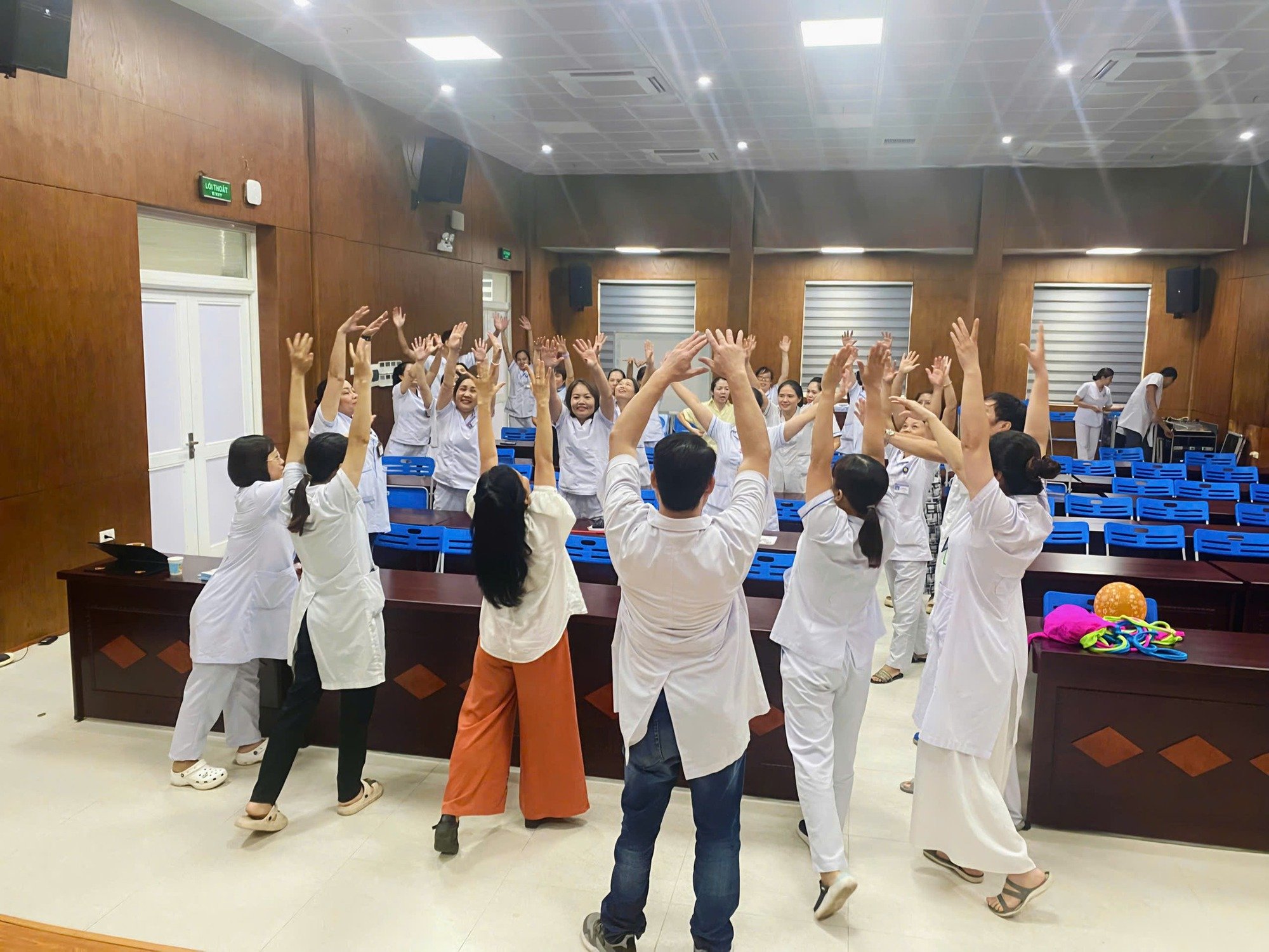
Medical staff at Hanoi Mental Hospital and patients experience dance and movement therapy together. Nearly 15% of Vietnam's population suffers from mental disorders, while treatment staff are currently in short supply.
Photo: HOSPITAL DOCUMENTS
According to the Ministry of Health, currently, there is a shortage of human resources in specialized fields and few students studying in specific fields. The State has many specific regulations to support training. In particular, the State supports tuition and living expenses for students studying in the following majors: psychiatry, pathology, forensic medicine, forensic psychiatry, infectious diseases and emergency resuscitation; exempts tuition fees for students studying at vocational training institutions and universities that train in the following majors: tuberculosis, leprosy, etc.
These policies are applied uniformly nationwide and are funded by the state budget, aiming to encourage students to participate in medical majors that are facing difficulties in enrollment, thereby contributing to the sustainable development of medical human resources.
3 SOLUTIONS
Minister Dao Hong Lan said that Resolution No. 72-NQ/TW has many "breakthrough" solutions in human resource development, medical ethics and especially remuneration policies for medical staff. In the coming time, the Ministry of Health will focus on 3 major groups of solutions.
Firstly, in terms of training and human resource development, we will focus on investing in developing a number of high-quality health training facilities that are on par with the region, while expanding policies to support tuition fees and scholarships for medical students, especially those who are committed to serving at the grassroots level, in disadvantaged areas, on the border, and on islands. The viewpoint is to develop health human resources to ensure consistency in quantity, quality, and structure, especially human resources serving grassroots health care, preventive medicine, remote areas, disadvantaged areas, on the border, and on islands.
Second, regarding the incentive policy, in order to have the above human resources, it is extremely important to create an attractive policy so that medical staff can feel secure in their long-term commitment and dedication to their work. Therefore, it is necessary to have a strong and practical incentive and support policy for the team working in prevention and primary health care. The Resolution has identified incentive policies commensurate with the view that medicine is a special profession and must be trained, employed and treated specially. Doctors, preventive medicine doctors, and pharmacists are ranked from level 2 of the recruited professional title.
Third, implement special and outstanding preferential policies for medical staff directly working in the field at commune-level health stations and preventive medical facilities; increase the preferential occupational allowance to at least 70% for those who regularly and directly work in medical expertise at commune-level health stations and preventive medical facilities; 100% for those who regularly and directly work in medical expertise at commune-level health stations and preventive medical facilities in ethnic minority and mountainous areas, areas with difficult or especially difficult socio-economic conditions, border areas, islands, the fields of psychiatry, forensic medicine, forensic psychiatry, emergency resuscitation, pathology and a number of other special subjects in accordance with socio-economic development conditions.
The Ministry of Health will closely coordinate with ministries and branches to institutionalize these solutions for early implementation.
Source: https://thanhnien.vn/thieu-bac-si-chuyen-khoa-tam-than-tren-ca-nuoc-185251013190330141.htm









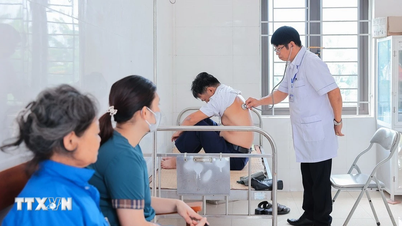



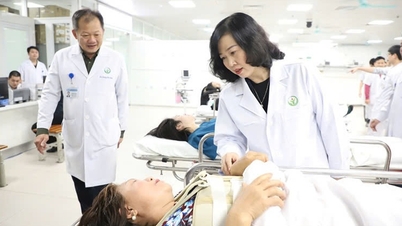
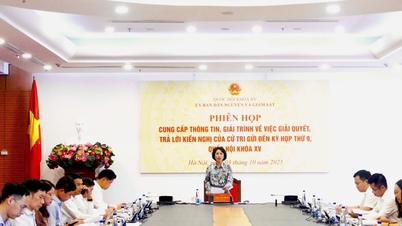

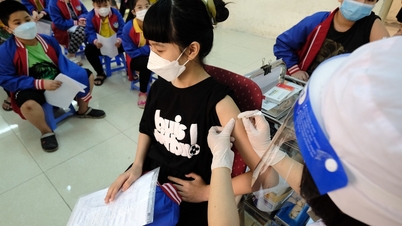
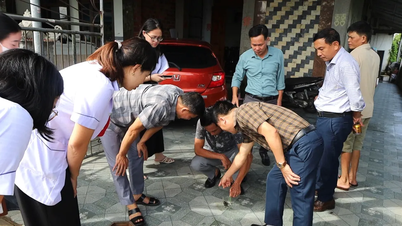


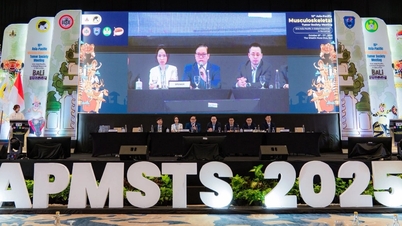



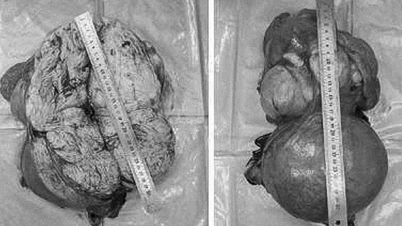





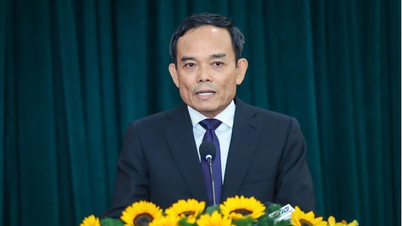

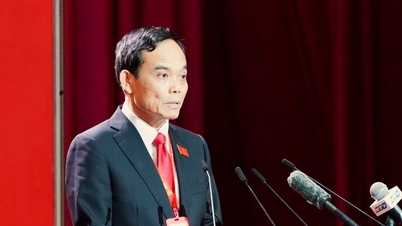


![[Photo] Solemn opening of the 1st Government Party Congress](https://vphoto.vietnam.vn/thumb/1200x675/vietnam/resource/IMAGE/2025/10/13/1760337945186_ndo_br_img-0787-jpg.webp)


































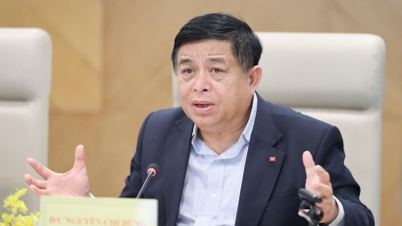



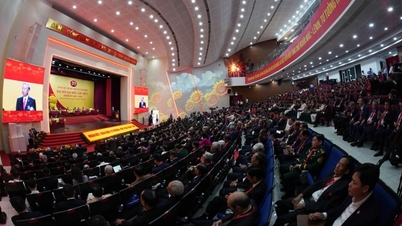
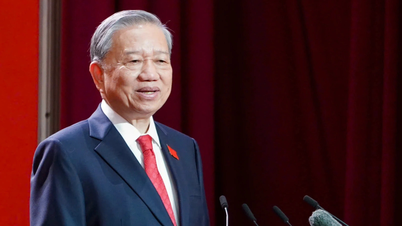
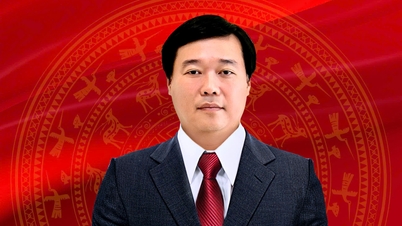



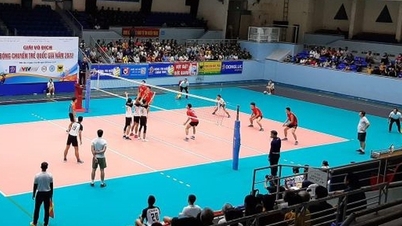


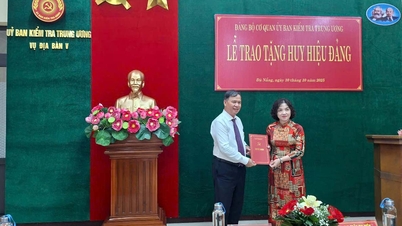

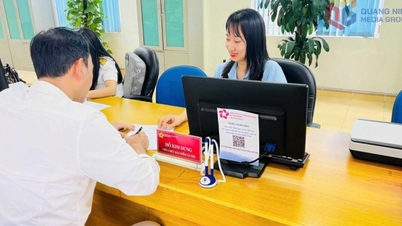

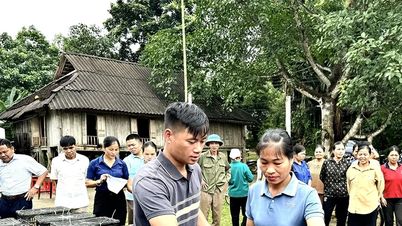

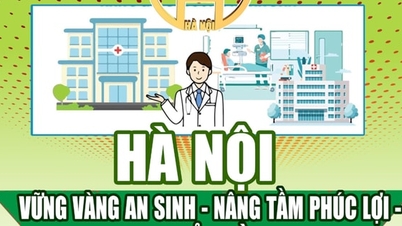

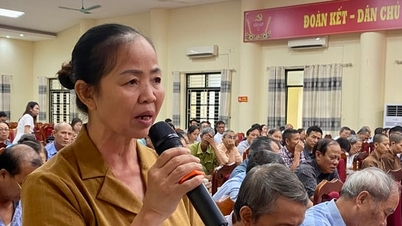
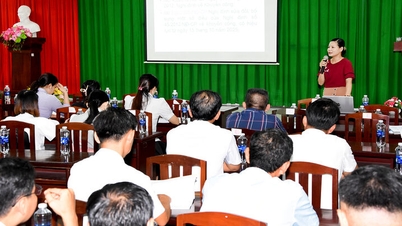

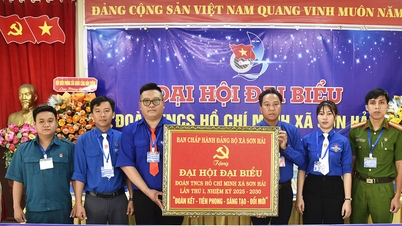














Comment (0)